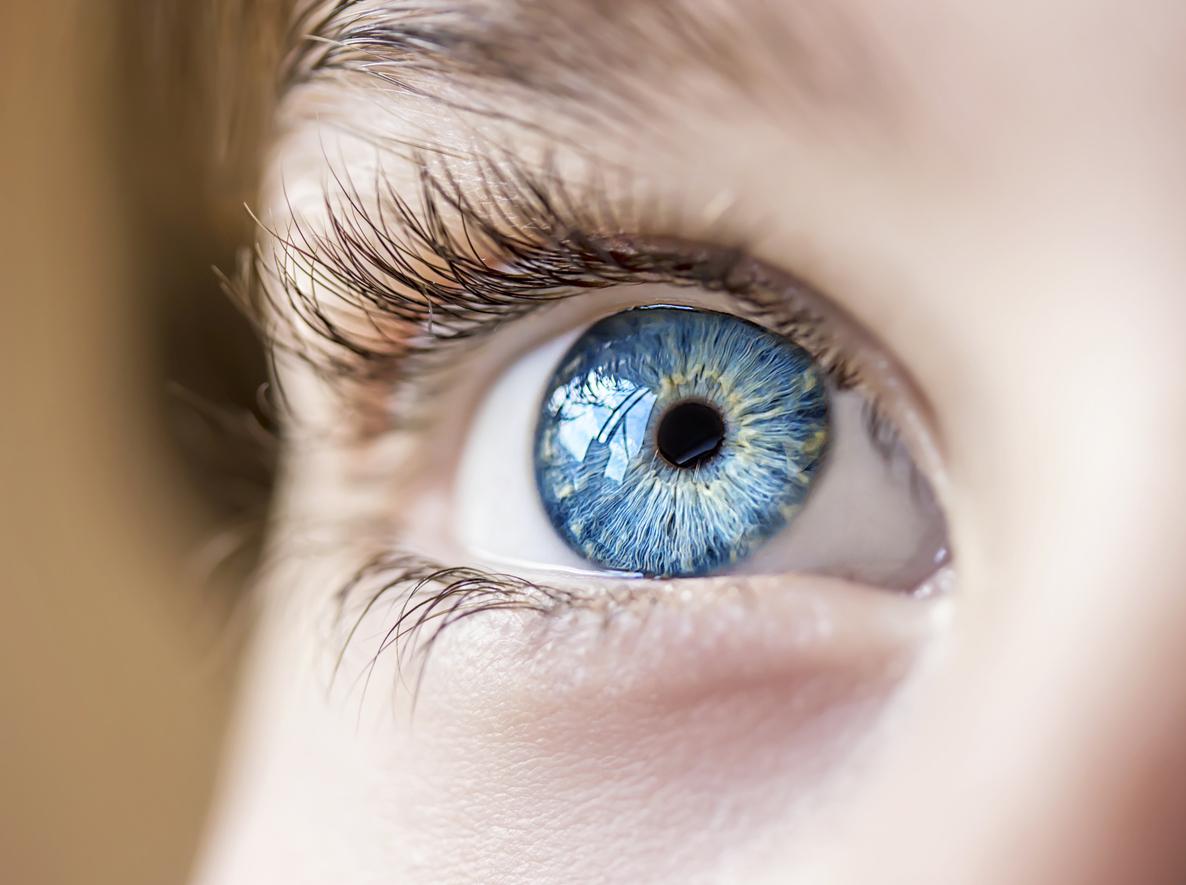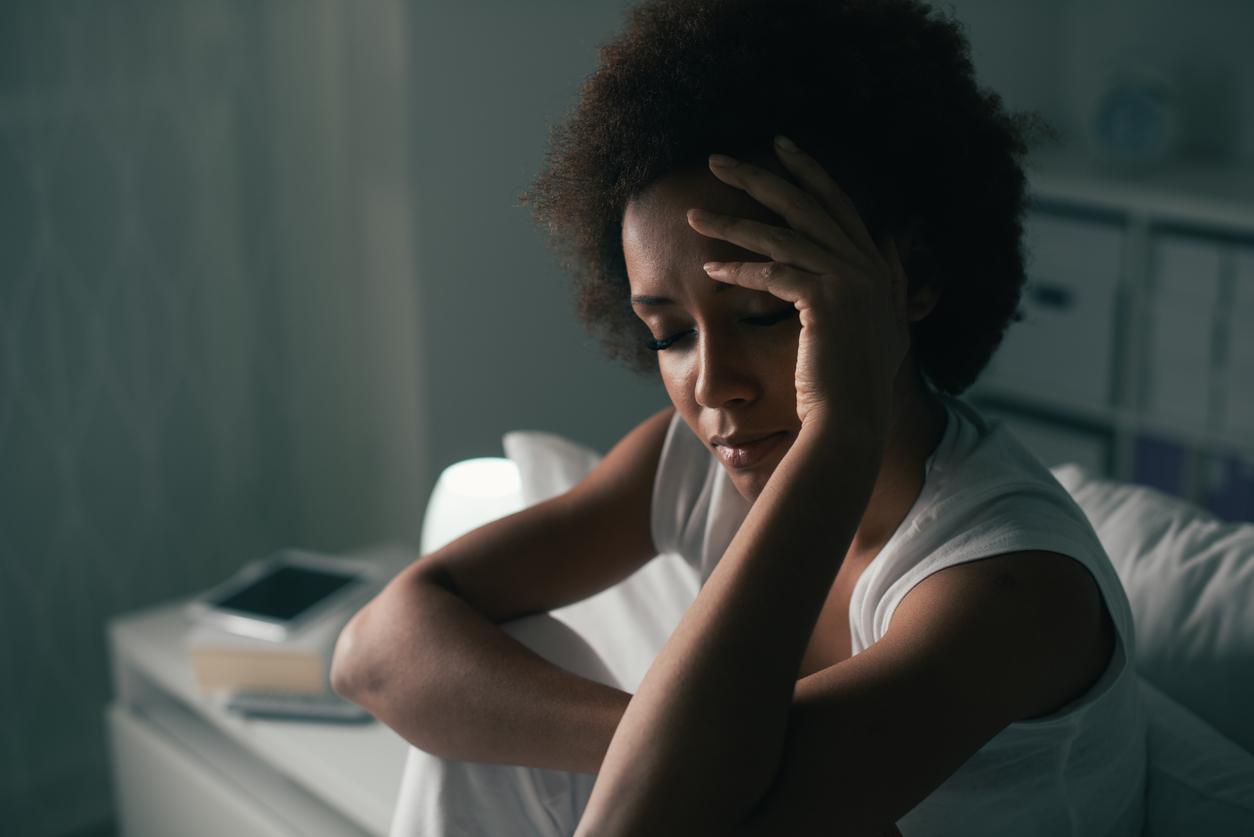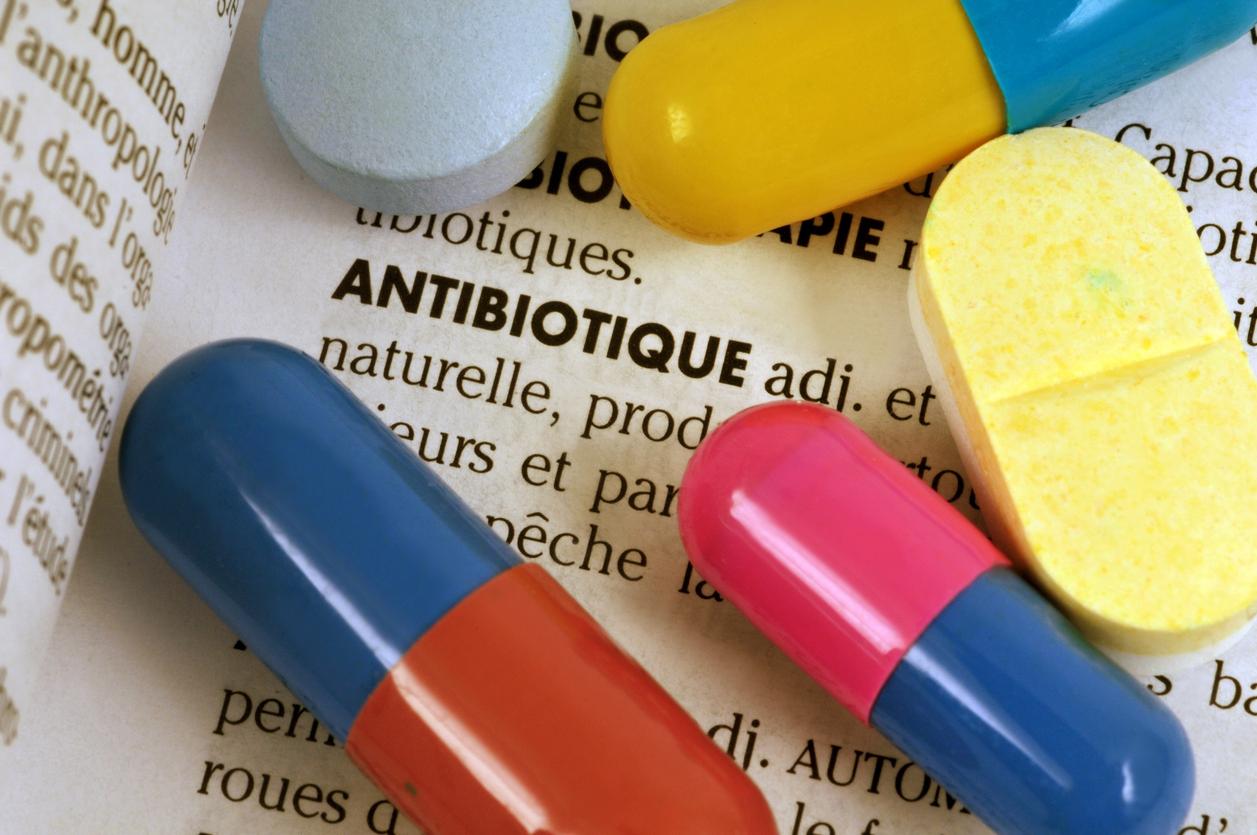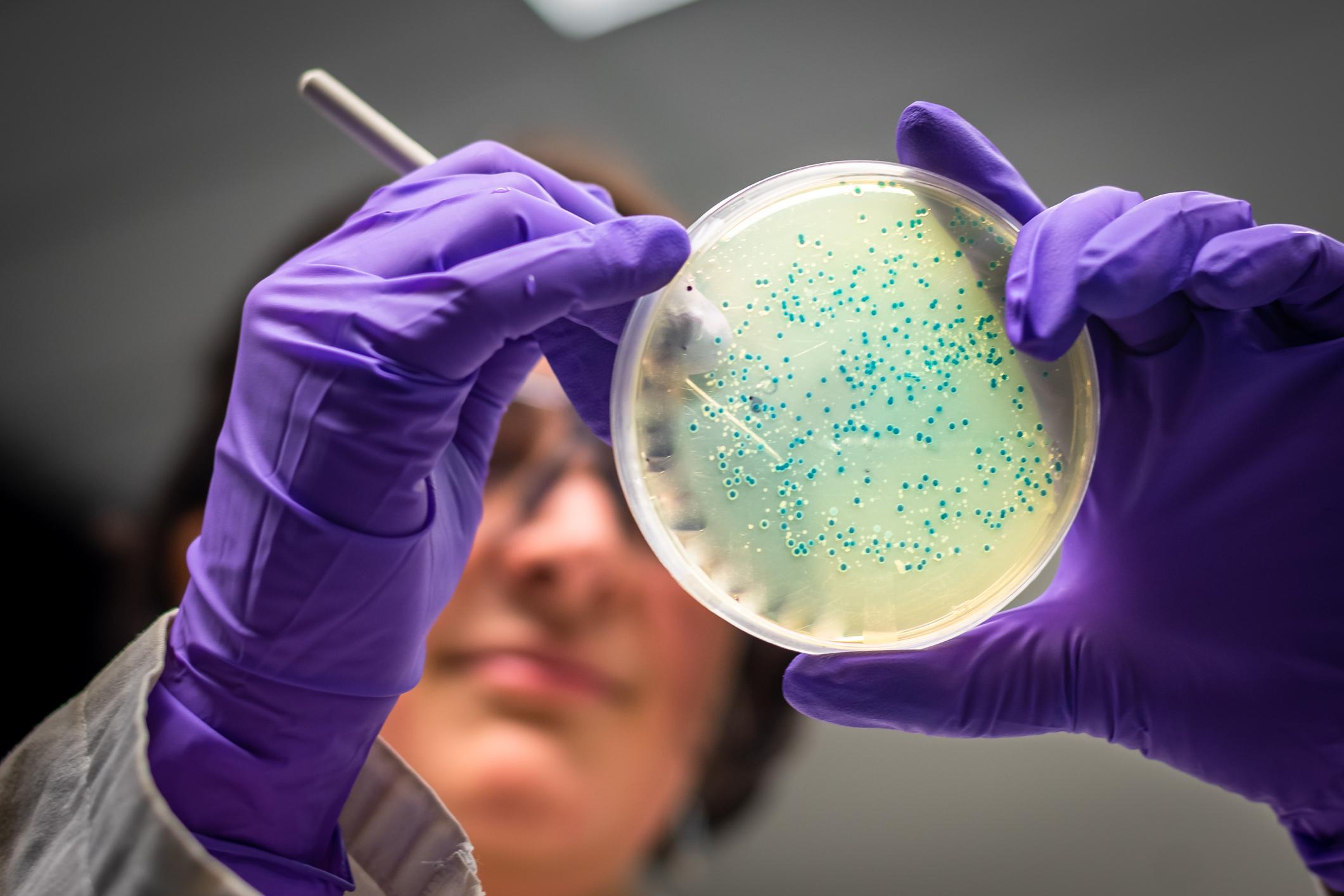Misconceptions about influenza and vaccination die hard, according to a survey. 21% of French people consider the vaccine to be more dangerous than the disease.
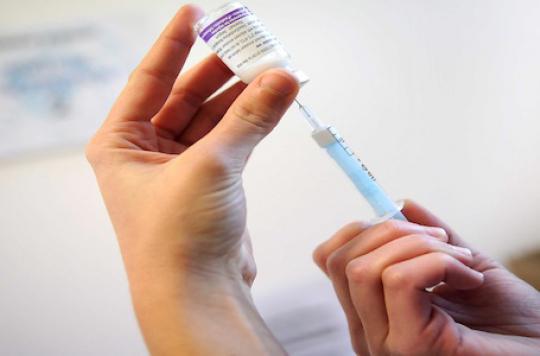
What relationship do the French have with the seasonal flu and its vaccine? This is the question that the Health Insurance wanted to answer, two days before the launch in France of the major vaccination campaign against this infectious disease, which still affects millions of people every winter. In a context of a worrying and continuing decline in influenza vaccination in people at risk (- 10% in three years), the National Health Insurance Fund (CNAM) has entrusted the BVA institute with the implementation of a survey (1) intended to take stock of the knowledge, perceptions and practices of French people concerning the flu and the vaccine.
1 in 4 French people say they were vaccinated in 2012
Despite the passing years, the vaccination habits of the French seem to remain stable. 25% of people questioned said they had been vaccinated against seasonal influenza in 2012, a figure equivalent to 2011. In addition, the oldest (65 years and over) are significantly more likely to report having been vaccinated. previous years (61% in 2012; 60% in 2011). The French seem little receptive to awareness campaigns in favor of vaccination. 28% of people plan to get vaccinated this year. 2 out of 3 among those over 65.
The French knowledgeable about seasonal flu …
This survey, we see that the French still have a good level of knowledge about this condition. 93% of them recognize, for example, that the flu is a serious or even fatal disease. They are also 91% to know that, when you have had the flu once, you can catch it again. Finally, 88% of French people also know that it is recommended to be vaccinated after 65 years.
… despite a number of misconceptions that remain
At the same time, preconceived ideas about influenza and vaccination die hard. 80% of French people think, in fact, wrongly that the flu vaccine can be poorly tolerated. 1 in 2 people still think the vaccine can cause the flu. And 59% of those surveyed consider that the vaccine can present health risks.
As such, they are still a third of them to consider that the treatment with homeopathy is as effective as the treatment against the flu. Almost 1 in 3 people also think that it is not useful to prevent the flu by being vaccinated when it is easily cured with antibiotics. Finally, 21% of respondents are still convinced that it is more dangerous to be vaccinated than to have the flu.
Listen to Frédéric Van Roekeghem, Director General of Health Insurance: ” Some simple messages are wrong. Like the vaccination gave me the flu. No, the vaccine cannot cause the disease, since these are inactivated viruses that are administered to patients “
Health insurance wants to restore confidence
So in an attempt to put an end to these preconceived ideas that persist, the Health Insurance is launching an information campaign entitled “The flu is not nothing.” So, I’m doing the vaccine ”on the radio, in the press and on the Internet, from October 12 to November 15, 2013. It will aim to educate people at risk on the potential severity of influenza and the importance of the flu. vaccination as a safe and most effective way to prevent disease and the risk of complications.
Listen to Françoise Weber, director of the Institute for Health Watch: “ We see in patients who are in intensive care for severe influenza that the majority of them have risk factors and are not vaccinated “
And like every year, liberal health professionals – general practitioners, nurses, midwives, pediatricians, pharmacists, physiotherapists, gynecologists and dental surgeons – will themselves be invited to be vaccinated. They should also be the privileged interlocutors of patients. “I remind you that they have an essential role to play in providing information on influenza and its vaccine,” concludes Françoise Weber.
Listen to Françoise Weber, director of the Institute for Health Watch: “ Health professionals need to feel mobilized by vaccination and remember that they too can be part of the chain of transmission. “
(1) Survey conducted among a representative national sample of 975 French people aged 18 and over interviewed by telephone (interviews conducted on September 13 and 14, 2013)
.




